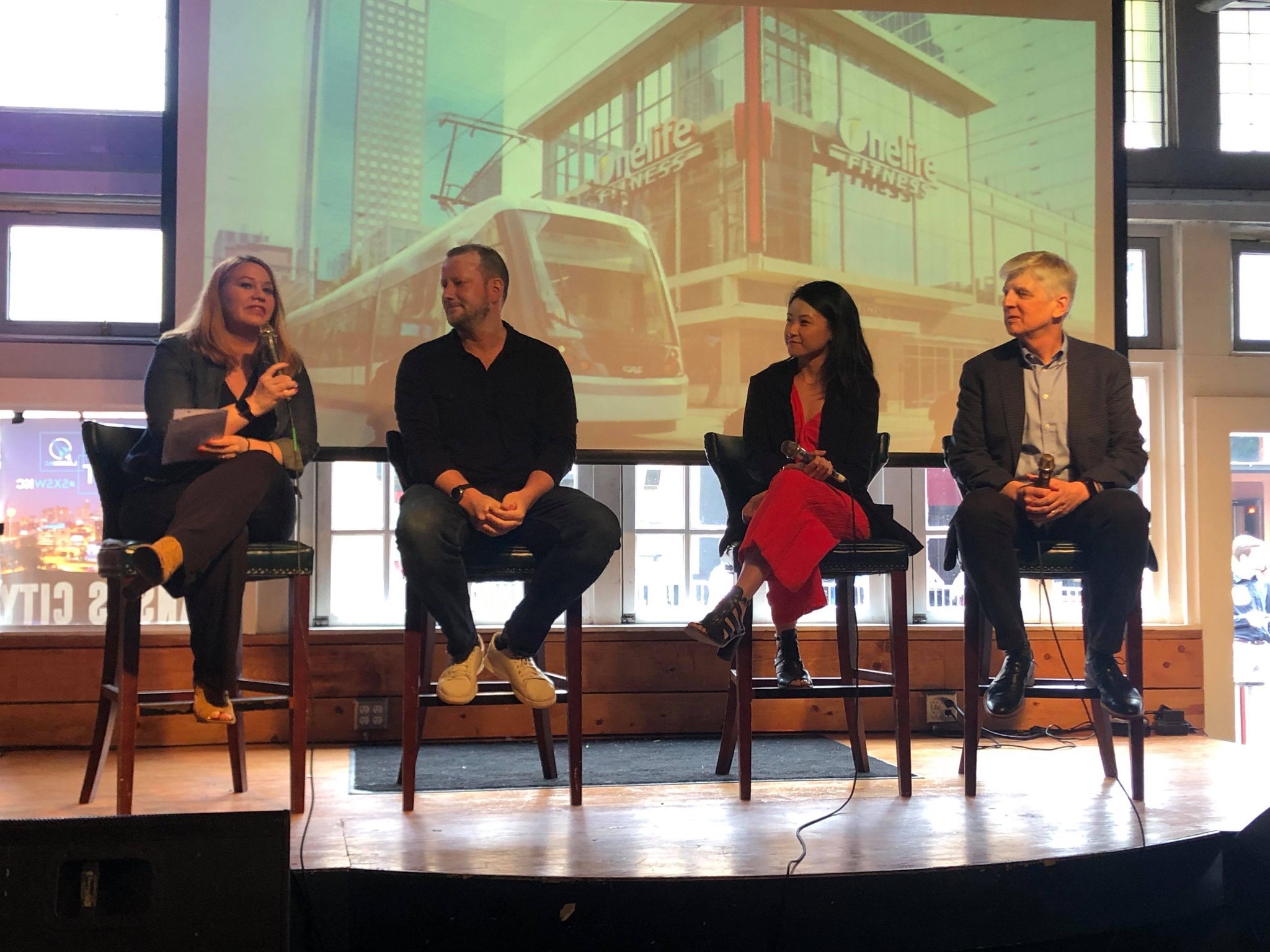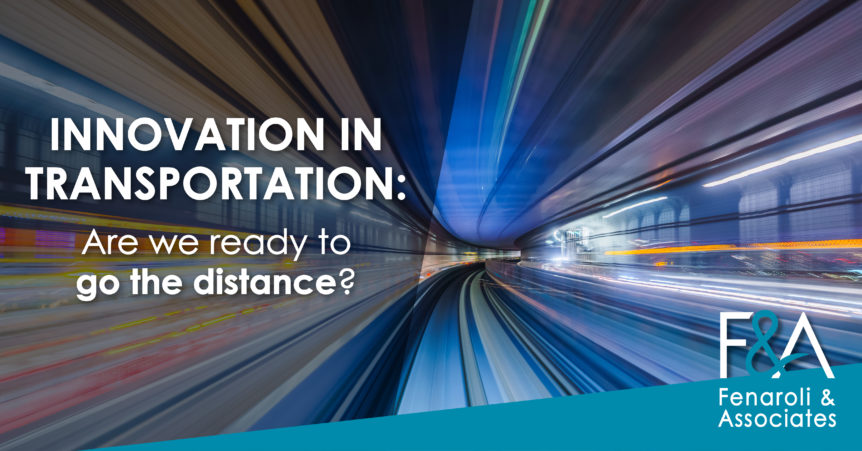There are very few things that impact us the way transportation does. From our ability to get from place to place easily to allowing companies to transport the goods we need to survive and thrive, every aspect of our lives hinges on transportation accessibility. The essential nature of this industry has smart businesses paying attention and focusing on the opportunity to develop disruptive systems that go well beyond roads and bridges. But what does that really mean for Kansas City and our future as a region that is “on the map” nationally and even globally?
Throughout the last few years, Kansas City has experienced progress in the areas of smart cities work, the streetcar, bridges repair and innovation, and more. Yet we really must start homing in on what will elevate the transportation industry as a whole and “drive it forward” into the future. It’s time for new modes of transportation and wholesale changes. Everyone seems to be ready and excited to see this happen, but many are wondering whether the government is ready to implement such changes.
Despite our enthusiasm for innovation, the challenge in the transportation space is the inherent number of government organizations and regulations that are in place and that have to be changed to truly pave the way for major breakthroughs. While Virgin Hyperloop One and Elon Musk can make all the financial investments necessary to innovate successfully, if municipalities and the federal government don’t have the regulations and/or investments in place to ensure implementation can occur, it simply doesn’t matter. Regions must be prepared to make these financial and mental investments. When a consumer wants to receive a two-day package delivery, he or she can make the investment in an Amazon Prime membership. In such a transaction, both parties — the consumer and the company — have made the commitment to support a more effective delivery system. Fortunately, with the advent of new mobility platforms and technology systems like UBER, Lyft, Lime, Bird Scooters, etc., the public is insisting that the government find room to prioritize support for and accommodate the private sector to move the needle on mobility for everyone.
Rest assured, change is coming. This month I had the opportunity to moderate a panel with Virgin Hyperloop One and the Missouri Hyperloop Coalition. Hyperloop technology has the ability to move people and freight in record time (28 minutes from Kansas City to St. Louis) using a linear electric motor in a magnetic levitated low-pressure tube. This system would alleviate congestion on existing highways and allow for more regular and less disruptive maintenance to occur. As an increasingly connected population, we continue to travel more and expect to receive our “stuff” faster. Going 700+ miles per hour in a safe transportation system is the futuristic travel we’re ready for, so maybe it’s time to leverage this more renewable and sustainable solution.

Diana Zhou, the director of project strategy with Virgin Hyperloop One, noted that “the birth of the airplane was really the last new mode of transportation …. A new transportation mode will change people’s lives fundamentally.” In the United States, the last major investment for transportation came in the form of the interstate highway system during the Eisenhower Administration. This is like bragging about how you were the quarterback of your high school football team, but what have you done lately? Just like with any great investment, we must be hyper-vigilant about budgeting for maintenance and sustainability to ensure long-term success. In the past, we have seen that such planning has been a challenge for many communities, which has hindered the ability to truly evolve to the next level of transportation.
As a city and as a nation, let’s encourage our public and elected officials to stop making small incremental changes and start thinking bigger in more game-changing ways. The future of our collective success depends on it.
Christine Murray brings more than 15 years of program management, executive-level relationship cultivation and emerging business initiatives oversight to help leading companies strategically elevate their position in the marketplace through executive and board member placements. With a deep background in transportation and logistics, economic development, and the civic sector, Christine leverages her expertise to provide insight and leadership analysis that makes it possible for her clients to compete, innovate and improve the bottom line. Christine is senior vice president and managing director at Fenaroli & Associates, a futuristic talent consultancy with offices in five U.S. cities.

